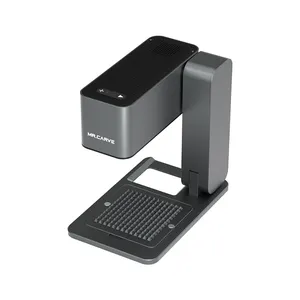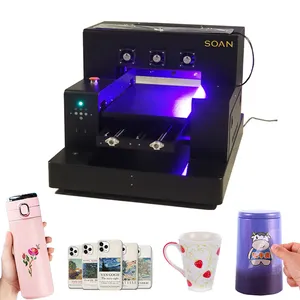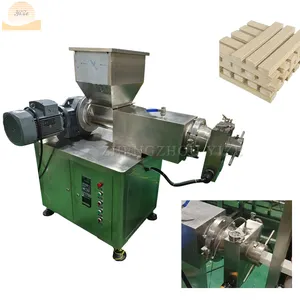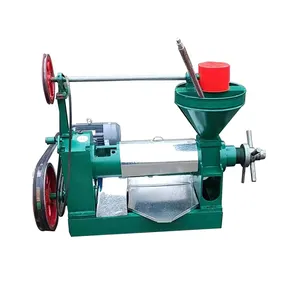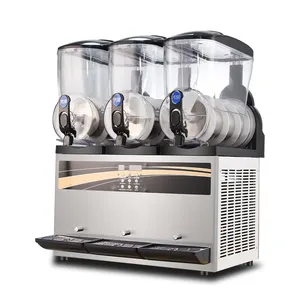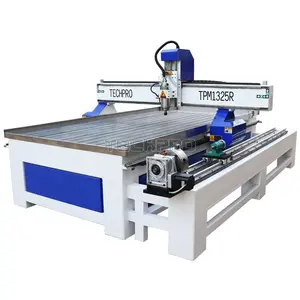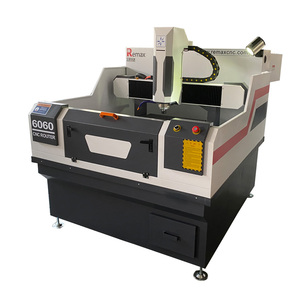Popular in your industry
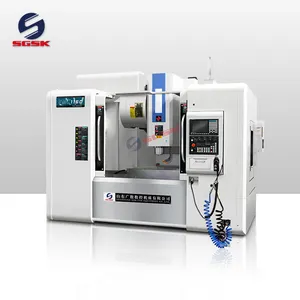























































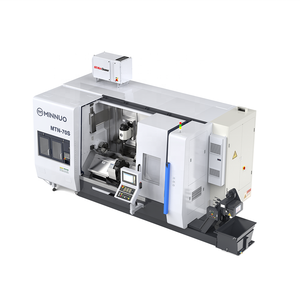














Related Searches:






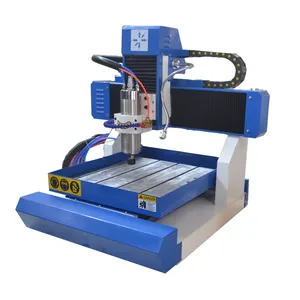




















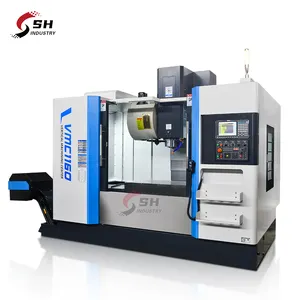

















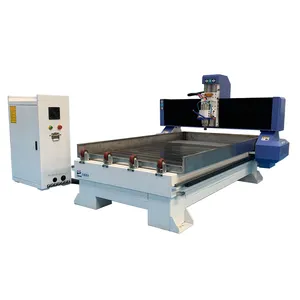


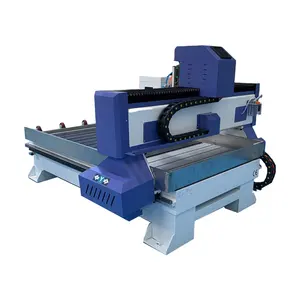


























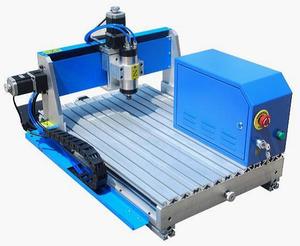

















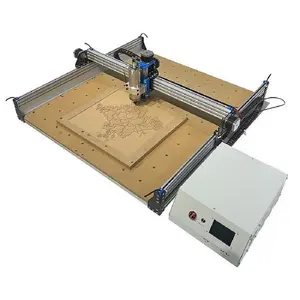









































Top categories
About build cnc milling machine
Introduction to CNC Milling Machines
A CNC milling machine is a versatile piece of equipment used in various industries for precision cutting, shaping, and drilling of materials such as metal, wood, and plastic. These machines are widely utilized in manufacturing processes due to their ability to produce complex parts with high accuracy and efficiency.
Design and Construction of DIY CNC Milling Machines
When it comes to building a DIY CNC milling machine, the design and construction play a crucial role in the machine's performance and durability. DIY enthusiasts often opt to build their CNC machines to customize the specifications based on their specific needs and budget constraints.
The design phase involves selecting the appropriate materials for the frame, linear motion systems, spindle, and control electronics. Aluminum extrusions are commonly used for the frame due to their lightweight and sturdy nature. The linear motion systems consist of ball screws or lead screws coupled with stepper motors for precise movement control.
For the spindle, high-speed motors with variable speed control are preferred for different machining operations. The control electronics encompass a CNC controller board, stepper motor drivers, and power supply unit to drive the machine's movements accurately.
Technical Specifications of CNC Milling Machines
When building a CNC milling machine, several technical specifications need to be considered to ensure optimal performance and functionality. The spindle speed capability, expressed in revolutions per minute (RPM), determines the machine's cutting efficiency and surface finish. Additionally, the spindle power, typically measured in horsepower (HP), influences the machine's cutting capability for different materials.
The machine's maximum feed rate, defined in inches per minute (IPM), indicates how quickly the cutting tool can move across the workpiece during machining. Another critical specification is the positioning accuracy, measured in microns, which determines the machine's ability to achieve precise cuts and dimensions consistently.
Advantages of DIY CNC Milling Machines
Opting to build a CNC milling machine offers several advantages to users, especially DIY enthusiasts and small businesses. One of the main benefits is cost-effectiveness since building a DIY machine can be more economical than purchasing a pre-built one, allowing users to customize the machine based on their specific requirements and budget.
Moreover, DIY CNC machines provide a valuable learning experience for individuals interested in understanding the intricacies of CNC technology and machining processes. By building a CNC machine from scratch, users gain insights into the design, mechanics, and electronics involved in CNC systems.
Choosing the Right Components for a DIY CNC Mill
When embarking on a DIY CNC router build, selecting the right components is crucial to ensure the machine's reliability and performance. The choice of linear motion systems, such as ball screws or lead screws, impacts the machine's precision and repeatability during machining operations.
Additionally, the selection of a suitable spindle motor with the required power and speed capabilities is essential for achieving optimal cutting performance across different materials. Choosing the correct CNC controller board and stepper motor drivers that are compatible with the selected components is crucial for seamless integration and smooth operation of the DIY CNC milling machine.
Maintenance Tips for DIY CNC Milling Machines
Proper maintenance is essential to ensure the longevity and efficiency of a CNC milling machine DIY project. Regularly cleaning the machine's components, such as the spindle, linear guides, and ball screws, helps prevent buildup of debris and ensures smooth operation during machining.
Checking and calibrating the machine's axis alignments, motor couplings, and drive belts on a periodic basis can help maintain the machine's accuracy and performance. Lubricating moving parts, such as the linear motion systems and spindle, according to the manufacturer's recommendations, is crucial to prevent wear and ensure consistent machining results.
